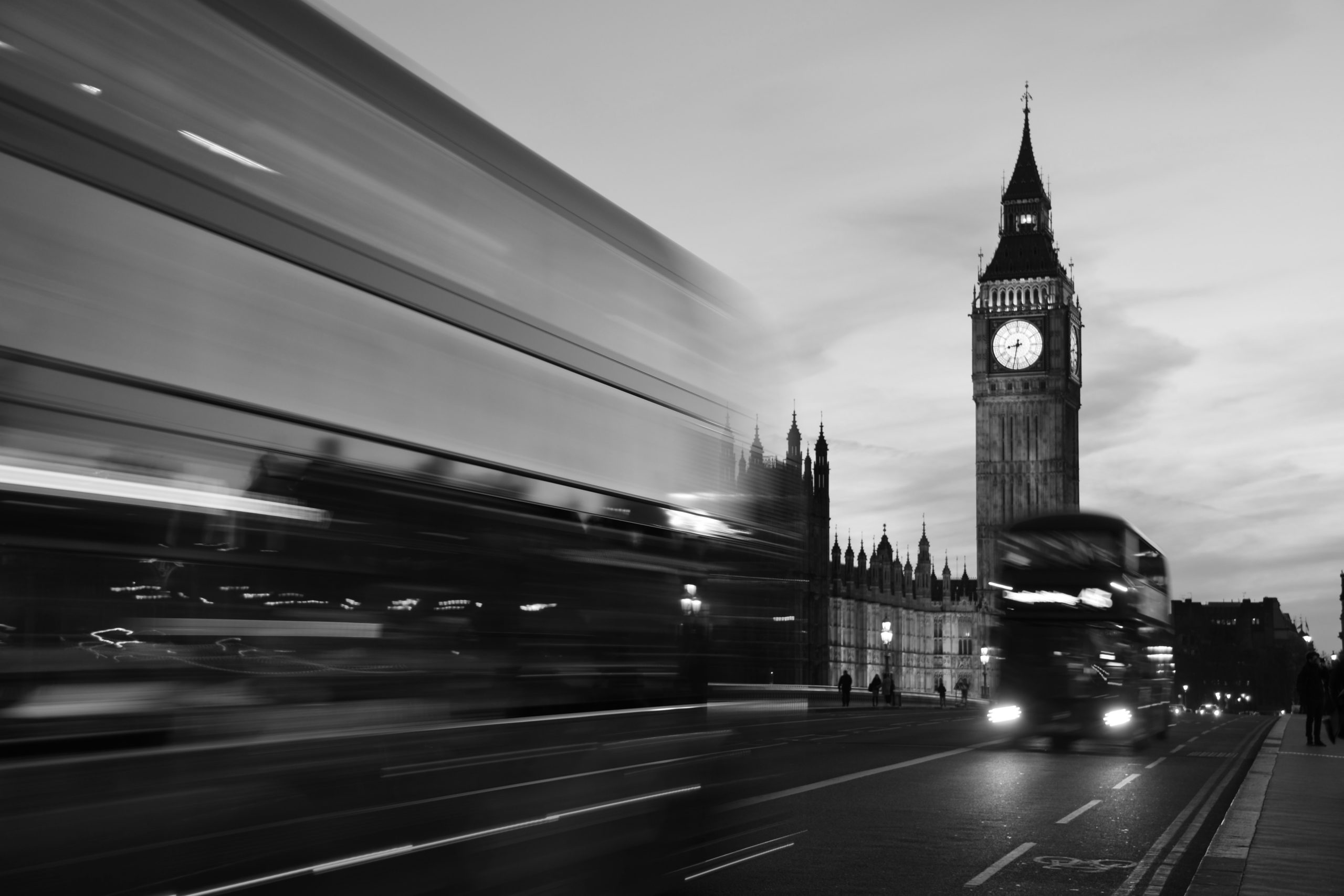Blacklisting Gets Tested.

Back in June we wrote about blacklisting of suppliers and the Government’s intention to prevent poorly performing suppliers from bidding for government contracts. We mentioned the subject of Bain and Company and made it clear that Ministers would need to be ready to defend their decisions when debarring companies.
“It won’t be hard for lawyers to draft up the reasons for blacklisting a supplier, it will be down to Ministers to decide when to use that power, and above all to justify the decisions they make.”
A commission in South Africa concluded that Bain had sought to “seize and restructure” the South African Revenue Service with plans to move responsibility for procurement to the Revenue Service, a design that was thought to enable corruption, rather than defend against it. Contracts were supposedly awarded to Bain after Bain drafted the specification and there are accusations that a whistleblower was offered bribes in return for his silence.
If true, all of this is rum stuff and it would be more than enough reason to blacklist a supplier. Jacob Rees-Mogg is already convinced and the Cabinet Office has debarred Bain for a period of three years, citing “grave misconduct”. It should be noted that Bain is not banned from contracting in South Africa and is challenging the Cabinet Office’s decision on the basis that correct process was not followed and issued the following statement.
“Bain South Africa did not act illegally at SARS or elsewhere, and no evidence to the contrary has been put forward. Neither Commission of Inquiry in South Africa has recommended any charges to be filed,”
This is unlikely to be simple case, and it would be wrong to assume that this is going to go the way of the Cabinet Office. After all, Bain must feel that there is a case to answer if they’re going to court. Bain will emphasise that their UK operation is a separate legal entity with separate owners and separate procedures. Meanwhile, lawyers in the Cabinet Office will be trawling through Bain’s bid responses looking for references to Bain being a single global entity. Even if the court rules that the sins of Bain South Africa can be tied to Bain UK there’s still a way for to go before the debarment can be deemed legal, the Cabinet Office will need to prove that they’ve got evidence of malfeasance and possibly that subsequent reparations were insufficient. Only then can they justify their additional actions.
Meanwhile pressure is being applied to the BBC and others by Lord Hain, a prominent Labour Peer and ex Minister, to finish their current contract with Bain. Perhaps someone in government has calculated that they get a useful story to tell even if they lose the case, but if the debarment is deemed not to be legal Bain UK could easily sue for the damage to their reputation and for lost bidding opportunities. It would be very ‘brave’ of the BBC to push Bain out of Broadcasting House before the judge has ruled.
What we can see here is the impact of blacklisting. In simple terms, suppliers don’t like it and will push back hard to make sure they don’t lose out on the chance to bid on contracts. So although governments get a good feeling from handing out black marks, they need to be ready for the inevitable fights that follow.
Get in touch with us to discuss your government procurement data needs.
Because you read this article, you may be interested in reading 8 Things You Need To Run A Supplier Blacklist.



